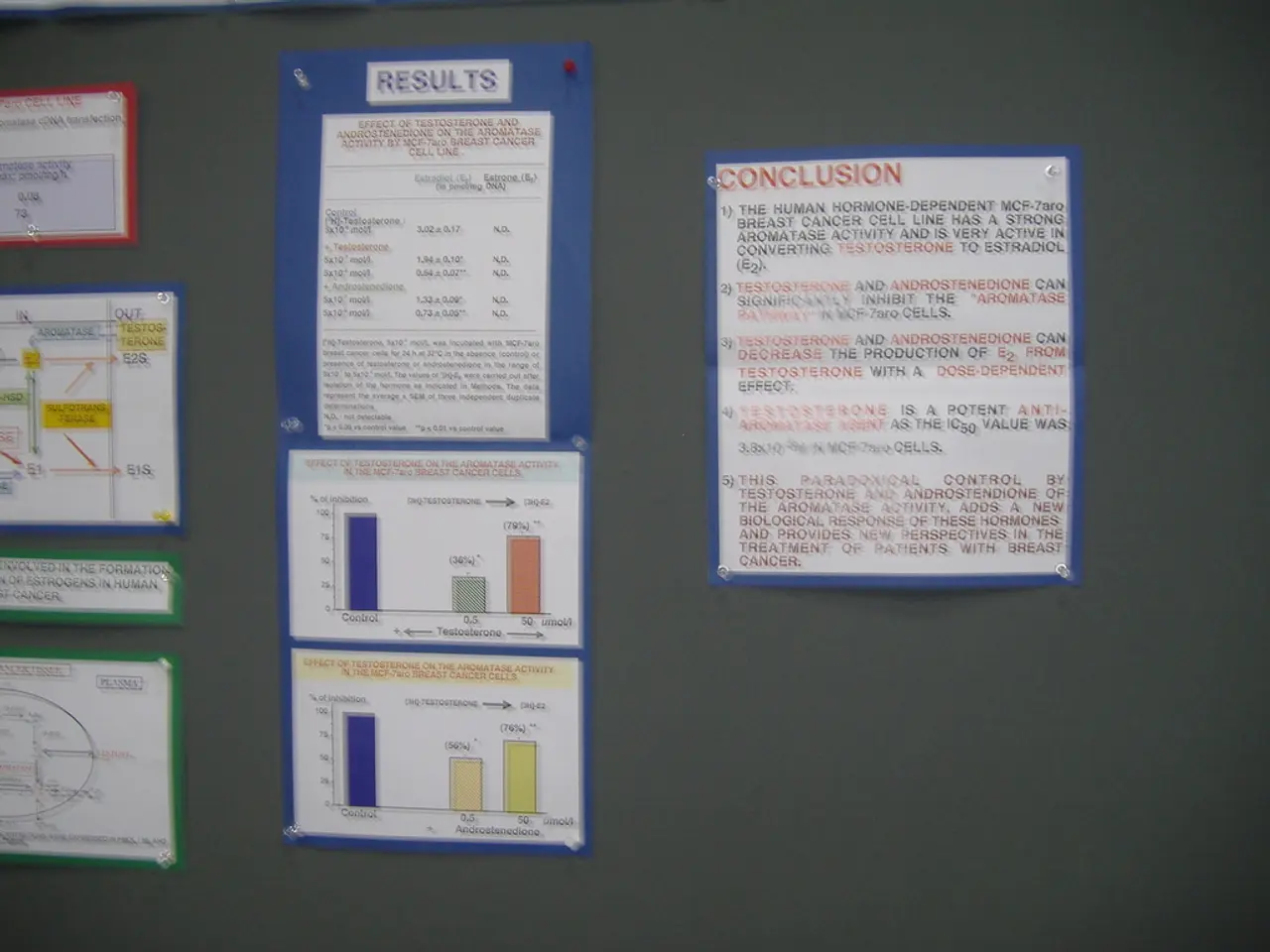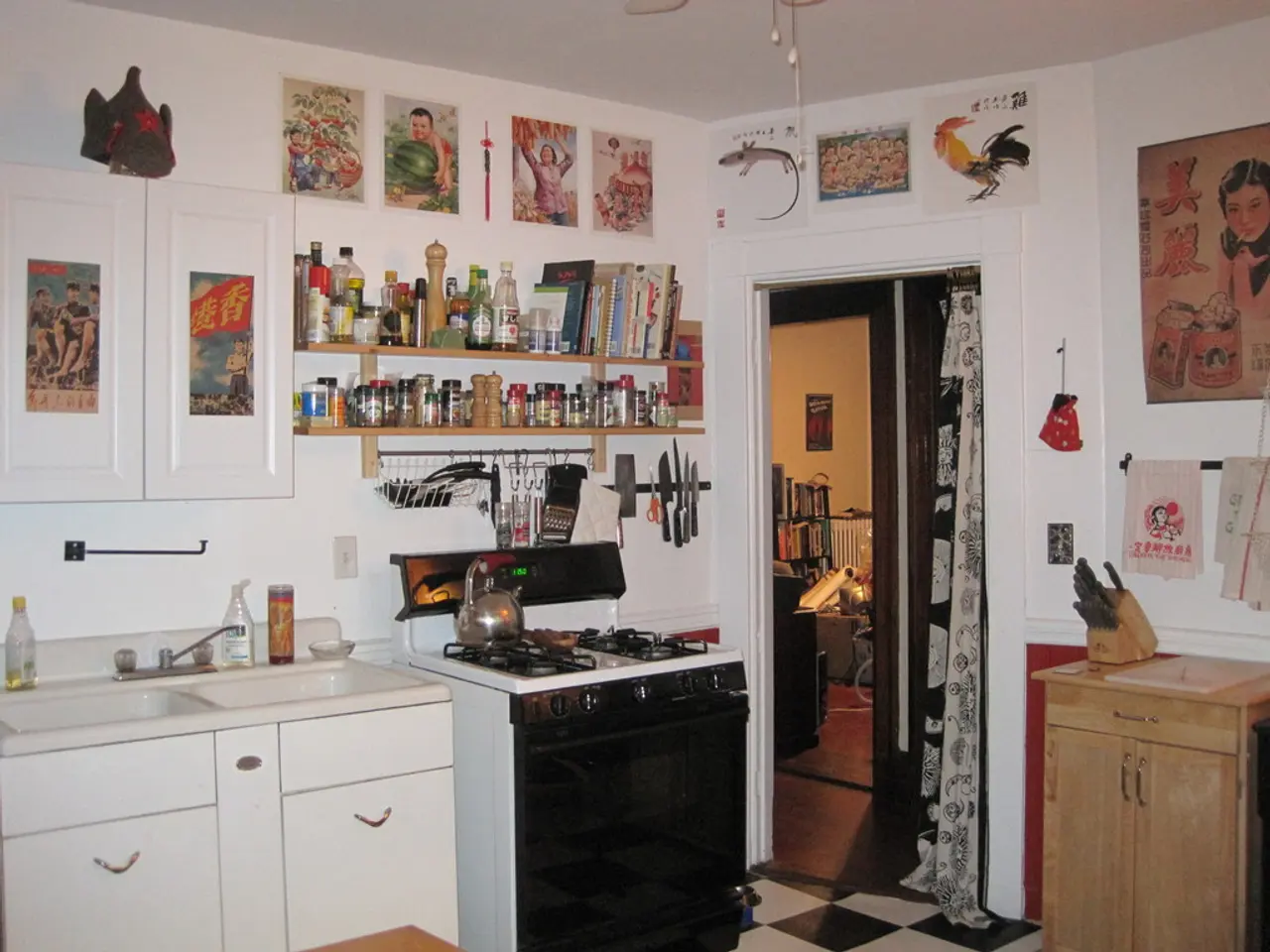Festive struggle: Multitudes threatened with homelessness during holiday season
In the midst of an increasing trend in rental market repossessions, tenants are faced with the challenging task of finding a new home. Adam Pigott, CEO of OpenBrix, advises tenants to get ahead of the proceedings and secure a new rental property to avoid the stress of eviction, especially during the Christmas period when losing a home can lead to instability.
The rise in rental market repossessions is an ongoing issue throughout 2024, with a 6.9% increase in Q1 compared to Q4 2023. This trend is indicative of broader economic pressures and market volatility.
Economic factors such as high inflation and interest rates are contributing to the increase in foreclosures. Higher mortgage rates make it more difficult for homeowners to afford their mortgages, potentially leading to defaults. Rapid price appreciation in certain markets can also lead to a housing bubble, which, when it bursts, increases foreclosures.
Foreclosure starts increased by nearly 10% year-over-year in May 2025, indicating that more properties are entering the foreclosure process. This trend suggests that economic challenges are affecting homeowners across the U.S. There was a significant increase in REOs, with lenders repossessing over 3,800 properties in May 2025, up 34% from the previous year.
The increased number of foreclosures can lead to more properties being available for rent, potentially stabilizing or even reducing rental rates. However, it also indicates economic instability, which could affect job security and, consequently, tenants' ability to afford rent. The volatility in the housing market can lead to uncertainty for tenants if their rental properties are foreclosed upon, potentially resulting in evictions or changes in property management.
For homeowners, the increase in foreclosures carries significant financial risk. Homeowners facing foreclosure risk losing their homes and suffering long-term credit damage. This can be particularly challenging in areas with high foreclosure rates. The increase in foreclosures can also lead to a decrease in property values, affecting homeowners' equity and their ability to sell their properties at a favorable price.
The rise in rental market repossessions and foreclosures could lead to a supply and demand shift in the housing market. The rise in foreclosed properties could lead to an increase in the supply of homes available for purchase or rent. This could stabilize housing prices but might also indicate a broader market correction.
Governments might need to implement policies to support both tenants and homeowners, such as foreclosure prevention programs or rental assistance, to mitigate the negative impacts of increased foreclosures.
While specific data on rental market repossessions for 2024 is not detailed, the broader housing market trends indicate a complex and potentially volatile environment for both tenants and homeowners. Research from Tlyfe predicts 2,425 tenants will lose their homes from October to December in 2025.
In a positive note, Jigsaw homes have announced the construction of 15 new properties for care leavers, providing a small respite in the housing crisis. As the year comes to a close, homebuyers and those already on the property ladder have been contending with affordability constraints due to increased borrowing costs.
Despite two reductions to the base rate in 2024, mortgage rates have trended upwards rather than decreasing as expected. Homebuyers and those already on the property ladder have been contending with affordability constraints due to increased borrowing costs.
In summary, the increase in rental market repossessions is a complex issue with numerous implications for tenants and homeowners. As economic instability continues, it is crucial for governments and housing providers to provide support and resources to those affected.
The ongoing increase in rental market repossessions in 2024, as revealed by the surge in foreclosures, is a concern that stems from broader economic pressures and market volatility, which could potentially impact the financing of housing businesses. The general-news of high inflation and interest rates contributing to a rise in foreclosures could mean that tenants might face a challenging task of finding a new home, as they navigate through the growing number of repossessed rentals.




